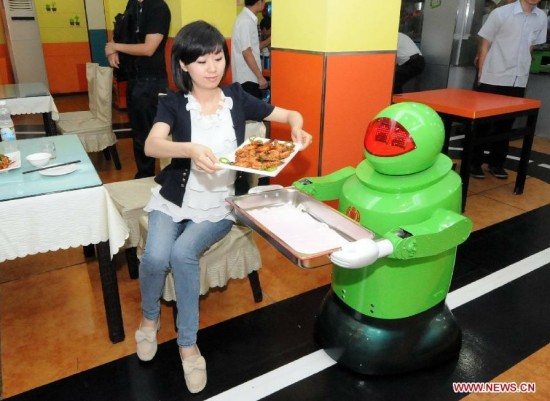
Helping my mother clear her overflowing bookshelf, I came across this out-of-print gem, 1993's
Creative Culinary Concoctions, Cooking with the Cal Employees. (The
California Hotel & Casino is a favorite destination of Hawaii travelers in Las Vegas.)
The dishes are laden with calories, but none more than this recipe.
Elephant Stew
1 elephant (medium size)
2 rabbits (optional)
Salt and pepper
Cut the elephant into bite-size pieces. This should take about two months. Add enough gravy to cover. Cook over kerosene fire for about four weeks at 465 degrees. This will serve 3,800 people. If more people are expected, two rabbits may be added, but this should be done only if necessary, as most people do not like to find hare in their stew. (Jim Martin)
There is clearly some information missing:
1) How many hacksaw blades do I need?
2) "Add enough gravy to cover" --- how long do I need to run the hose, and what about the California water shortage (which existed even back in 1993)?
3) Kerosene fires emit pollution, especially indoors, where I plan to cook the stew. Is natural gas ok?
4) What are the per-serving sodium, fat, calories, and calories from fat? My diet app requires this information.
Uninformed readers may be skeptical, but research on
the eating habits of our ancestors suggests that we should seriously consider adding pachyderm to our plates.

































